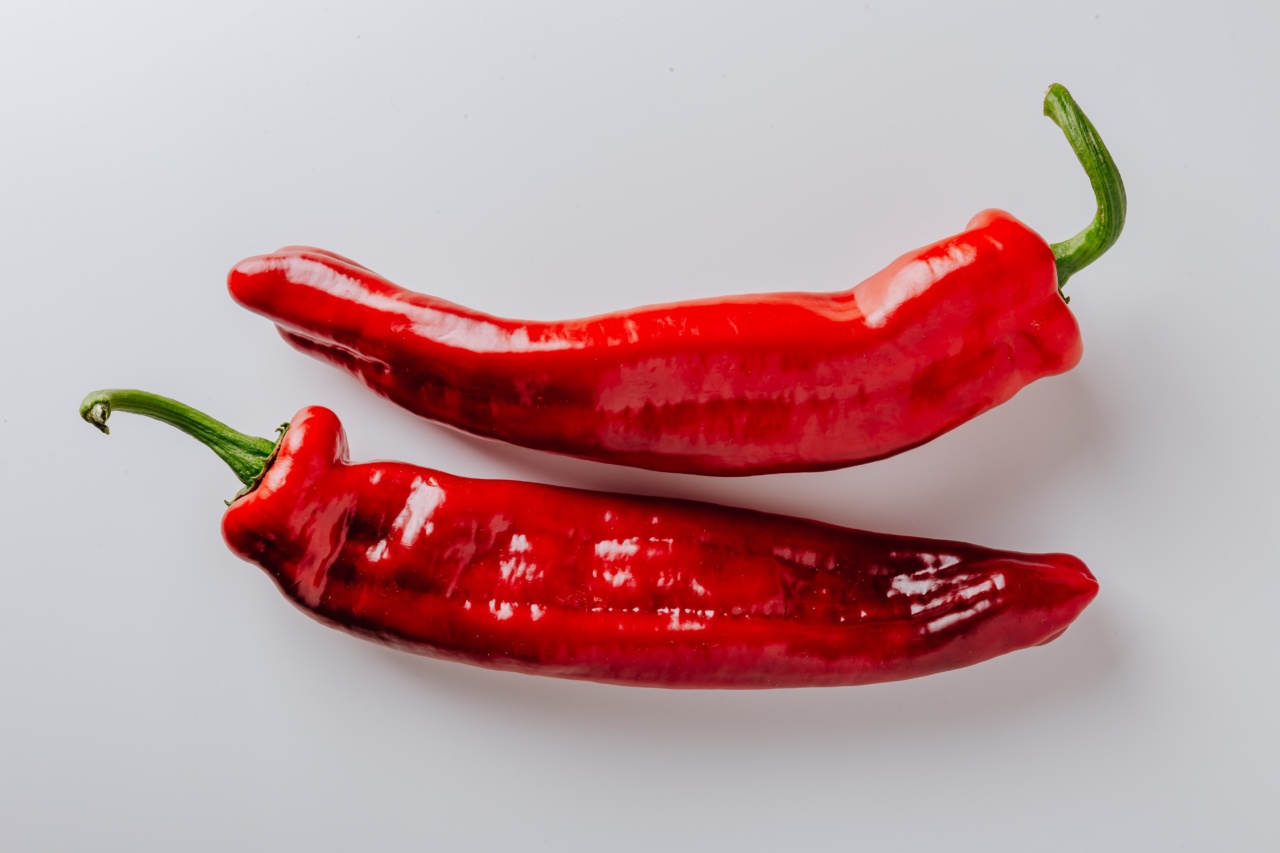Spicy foods have been a part of various cuisines around the world for centuries. The addition of spices to dishes not only enhances flavors but also offers numerous health benefits. One such benefit is the potential to lower blood pressure.
In recent years, several studies have explored the relationship between consuming spicy foods and its impact on blood pressure levels.
Understanding Blood Pressure
Blood pressure is the force that moves blood through our circulatory system. It is measured using two numbers: systolic pressure (the force when the heart beats) and diastolic pressure (the force when the heart is at rest).
A normal blood pressure reading is considered to be around 120/80 mmHg. High blood pressure, also known as hypertension, occurs when blood pressure consistently exceeds the normal range. Hypertension is a major risk factor for cardiovascular diseases, such as heart attacks and strokes.
The Link Between Spicy Foods and Blood Pressure
Research suggests that the consumption of spicy foods may help lower blood pressure levels. Capsaicin, a compound found in chili peppers, is believed to be the key component responsible for this potential benefit.
Capsaicin is known to have several physiological effects including vasodilation, which relaxes and widens blood vessels, reducing blood pressure.
A study published in the American Journal of Clinical Nutrition found that individuals who consumed a meal containing chili pepper experienced a significant decrease in their systolic and diastolic blood pressure compared to those who had a meal without chili pepper. These findings indicate that incorporating spicy foods into our diet can have a positive impact on blood pressure management.
The Role of Capsaicin in Blood Pressure Regulation
Capsaicin is a bioactive compound that offers various health benefits. In addition to its potential to lower blood pressure, capsaicin is also known for its anti-inflammatory, antioxidant, and anti-cancer properties.
When consumed, capsaicin stimulates the release of nitric oxide, a molecule that helps relax and expand blood vessels. This process decreases resistance in the blood vessels and improves blood flow, ultimately resulting in lower blood pressure levels.
Other Health Benefits of Spicy Foods
Aside from their potential to lower blood pressure, spicy foods have numerous other health benefits. Some of these include:.
Weight Management: Spicy foods have thermogenic properties that can temporarily increase metabolism, aiding in weight management.
Pain Relief: Capsaicin has analgesic properties and is often used in topical creams to alleviate pain, particularly in conditions such as arthritis and nerve pain.
Gut Health: Spices like ginger and turmeric have anti-inflammatory properties that can promote a healthy digestive system.
Choosing the Right Spices
While incorporating spicy foods into your diet may offer potential health benefits, it is essential to choose the right spices and use them in moderation.
Some commercially available spicy foods, such as chips and snacks, may contain unhealthy additives like excessive salt and artificial flavors. It is always better to opt for fresh, natural spices or cook meals using whole spices to maximize their health-promoting properties.
Consulting a Healthcare Professional
If you have underlying health conditions or are on medication, it is advisable to consult a healthcare professional before making any significant dietary changes. They can provide personalized advice based on your specific health needs.
Conclusion
Spicy foods, particularly those containing capsaicin, have the potential to lower blood pressure levels and offer various other health benefits.
Incorporating natural, spicy ingredients into your meals can not only enhance the flavors of your dishes but also contribute to better overall health. As with any dietary modification, it is important to make informed choices and consult a healthcare professional if necessary.































